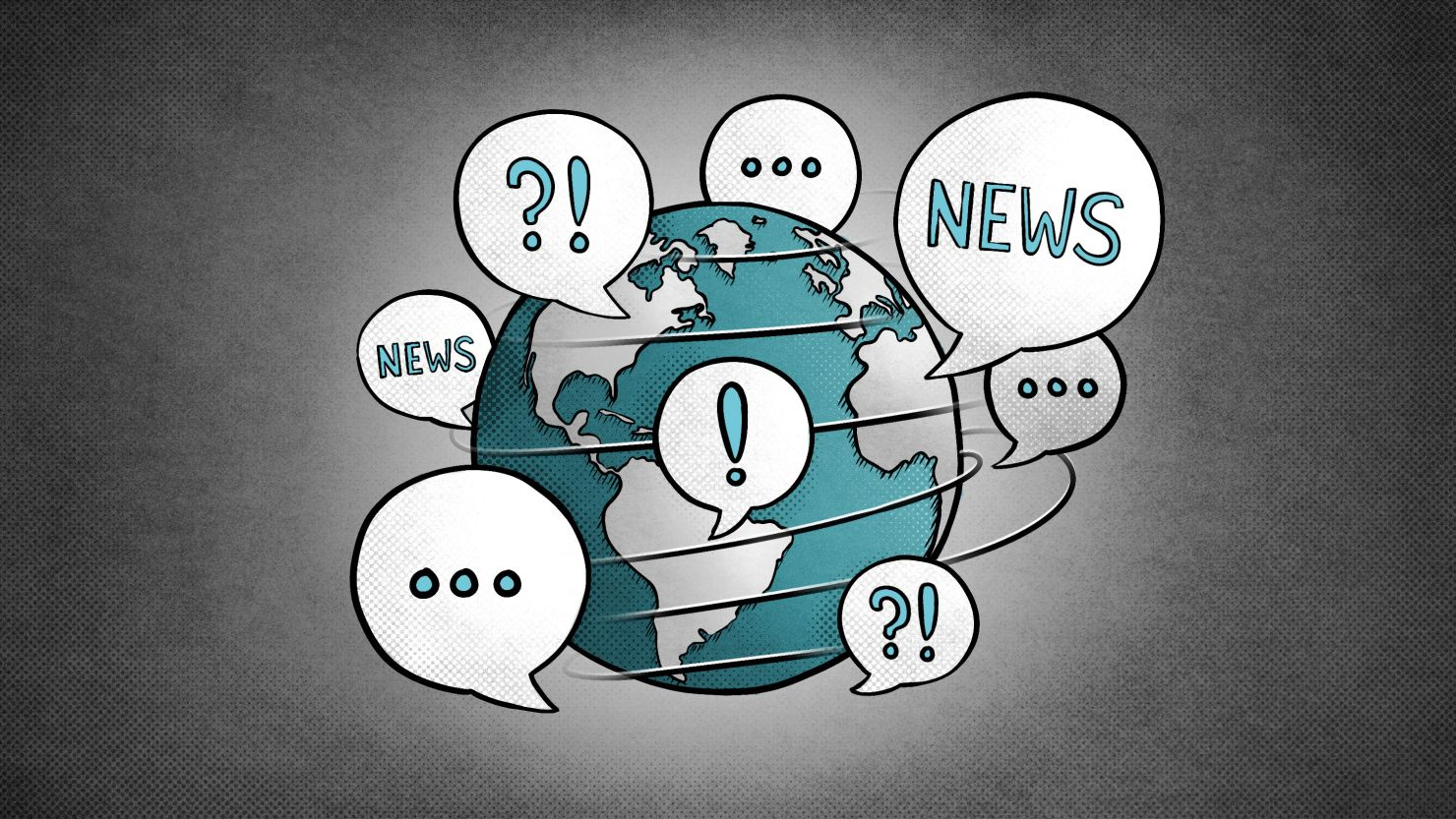Total information awareness involves collecting and analyzing data to predict trends in human behavior and identify threats based on those trends. It originated after the 9/11 attacks, and its key components are data integration, surveillance, and predictive analysis. It is a major online organization, utilizing technology and algorithms to protect life. The benefits involve security and efficiency, whereas the negatives could be a disregard for privacy and the potential mistake in predicting a threat.
Disinformation is spreading false information to influence public opinion or obscure the truth. It originated in the 16th/17th century in a play meant to make fun of people's gullible characteristics. Disinformation helps people feel better, can give an easy explanation to events that cannot be explained, and gives a feeling of confirmation. However, it takes away trust, creates emotion, and promotes confusion. It is mostly on social media, utilized by trolls, AI, exploiters, and recommendation engines. People can combat disinformation by consulting multiple sources, considering the author, being aware of why the news was posted, etc.
False flags are deceiving missions or campaigns designed to pit blame for an action against an unrelated party. For example, a military group flying false colors to deceive an enemy into believing an unrelated group is attacking them. The benefits involve gaining a tactical advantage in war or assisting corporations in gaining public opinion by making the public think negatively of a competitor. It is awful because it is lying to the public and it is an unethical practice. By flying false flags, innocent people may be affected negatively because they are the unfortunate victims of the false flags. It changes society because it is a practice that can benefit a party at little expense to them but can severely hurt a group of people to who the blame is shifted.
Cord cutting is canceling cable or satellite services in favor of streaming services. People prefer streaming services because they allow them to do what they want with the shows and news they want to watch, plus it can come at a cheaper price. Internet connection and hidden costs are huge cons for cord-cutting though. It affects different generations differently, younger generations prefer to cord-cut because it is simpler, though older generations prefer traditional cable news.
The Sherman Anti-Trust Act was passed in 1890 in response to monopolies and trusts during the Industrial Revolution. The Act was designed to prevent contracts and conspiracies that withhold the economy, and it made it a felony to form monopolies. It still affects corporations today, like AT&T and Microsoft, who have faced charges in violation of this act. The Act helps consumers and everyday citizens not have to spend entire paychecks to enjoy life's luxuries.




No comments:
Post a Comment